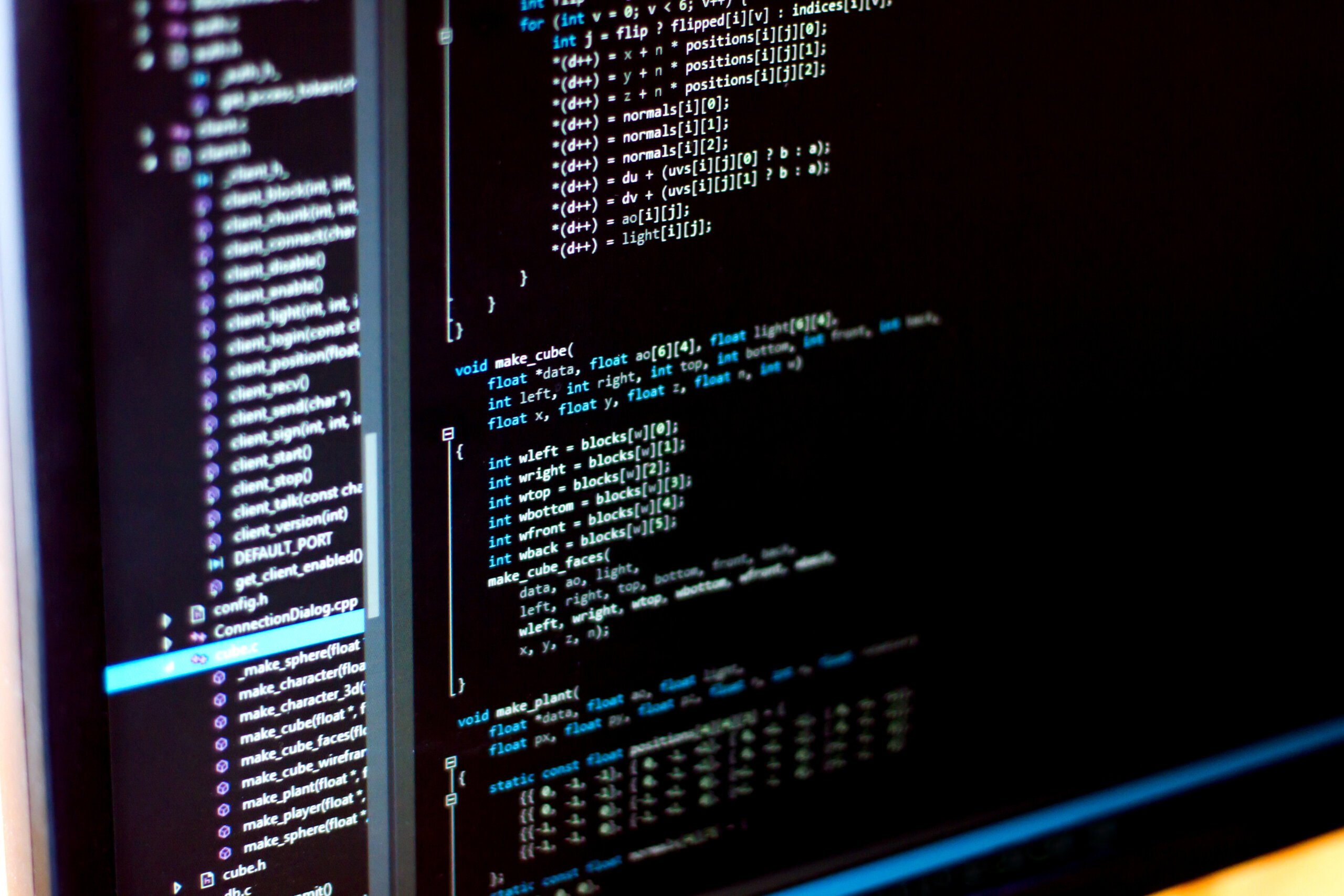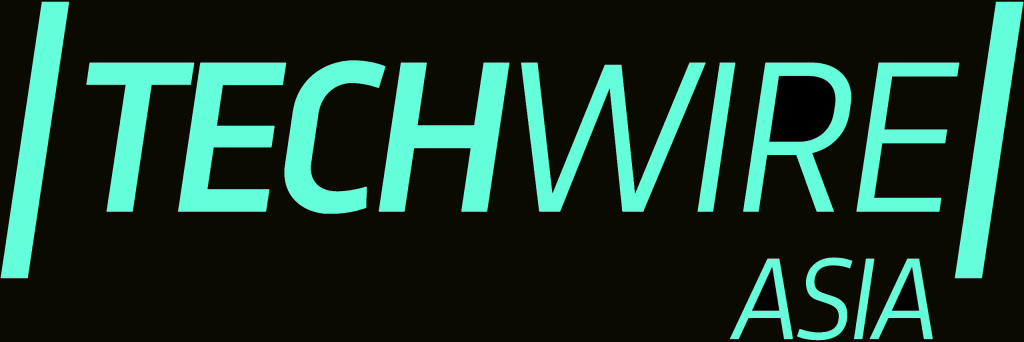- DeepSeek matches ChatGPT at just 10% of typical development costs.
- Dramatic shift in AI development could democratise the technology but raises security concerns
A dramatic shift in open-source AI development is emerging from China, where startup DeepSeek fundamentally challenges how artificial intelligence evolves. By making its technology freely available for anyone to download, modify, and build on, DeepSeek has ignited a debate about the future of AI and global technological leadership.
The cost revolution in open-source AI development
When DeepSeek’s R1 model overtook ChatGPT as the most downloaded free app on the US Apple App Store in January 2025, it represented more than just market success – it signalled a potential shift in AI economics.
At just $5.6 million in development costs – roughly one-tenth the price of Meta’s similarly open-source Llama model – DeepSeek has demonstrated that cutting-edge AI doesn’t require massive investments. Unlike established players like OpenAI and Anthropic, whose models remain closely guarded secrets, DeepSeek opted for transparency, offering its code and technical documentation to the global developer community.
The approach to open-source AI development hasn’t compromised capability; the model demonstrates reasoning and mathematical skills comparable to more expensive rivals. The implications extend beyond finances. Traditional AI development requires massive computing resources, contributing to high electricity consumption and carbon emissions.
DeepSeek’s efficient training method could pioneer more sustainable AI scaling, which is particularly important as these technologies become ubiquitous. However, the “open-source” designation demands scrutiny. According to the Open Source Initiative (OSI), true open-source AI must provide detailed information about training data and allow unrestricted study, use, and modification of the system.
While DeepSeek has released its model weights and some technical documentation, it hasn’t fully disclosed its training data, raising questions about complete transparency.
Global impact and security concerns
The democratisation of AI through cost-effective open-source development could accelerate innovation worldwide. Smaller companies and developers in regions with limited access to cutting-edge technology can now build on established models rather than starting from scratch. The collaborative approach could catalyse more diverse applications and solutions to real-world problems.
Yet this accessibility comes with risks. Critics, particularly in the US, worry about potential misuse of open-source AI models, from developing bioweapons to spreading misinformation. The controversy intensified when OpenAI announced an investigation into whether DeepSeek may have “inappropriately distilled” its models – essentially using OpenAI’s outputs to train its competing system.
The geopolitical implications are significant. As Meta CEO Mark Zuckerberg noted, “The is a huge geopolitical competition, and China’s running at it super hard.” DeepSeek’s success has prompted reflection on the traditional American model of proprietary AI development, with some arguing that the US should embrace more open methodologies to maintain technological leadership.
Looking ahead, DeepSeek’s breakthrough, with its $5.6 million price tag, could reshape the entire AI landscape. The company has proven that efficient, cost-effective open-source AI development is possible without the massive resources typically associated with cutting-edge models.
This could lead to a more diverse and competitive AI ecosystem, with innovation emerging from unexpected quarters. However, the path forward remains complex. Regulatory frameworks are evolving as governments struggle to balance innovation with security concerns worldwide.
The Trump administration has yet to fully articulate its AI policy, though some officials have supported open-source development. What’s clear is that DeepSeek’s efficient approach to open-source AI development has challenged fundamental assumptions about the field, forcing the industry to reconsider what’s possible with limited resources and an open approach.\
Looking to revamp your digital transformation strategy?
Learn more about Digital Transformation Week taking place in Amsterdam, California, and London. The comprehensive event is co-located with IoT Tech Expo, AI & Big Data Expo, Cyber Security & Cloud Expo, and other leading events.
Explore other upcoming enterprise technology events and webinars powered by TechForge here.








